- IDP China>
- 课程库>
- 自然科学>
- 生物与生物医学科学>
- 生物化学,生物物理学和分子生物学>
- Doctor of Philosophy in Cellular and Molecular Biology - Developmental Biology and Regenerative Medicine
Doctor of Philosophy in Cellular and Molecular Biology - Developmental Biology and Regenerative Medicine

学历文凭
Ph.D.

专业院系

开学时间

课程时长

课程学费

国际学生入学条件
IDP—雅思考试联合主办方

雅思考试总分
7.0
- 雅思总分:7
- 托福网考总分:92
- 托福笔试总分:580
- 其他语言考试:Minimum Duolingo English Test requirement- 125
CRICOS代码:
申请截止日期: 请与IDP联系 以获取详细信息。
课程简介
相关申请
 预科
预科 奖学金
奖学金 实习机会
实习机会 在校学习
在校学习 跨境学习
跨境学习 校园授课-线上开始
校园授课-线上开始 在线/远程学习
在线/远程学习
开学时间&学费
学费信息仅供参考,请与IDP联系以获取详细信息
| 开学时间 | 时长 | 学费 | 地点 |
|---|
学校排名

世界排名43
数据源:
泰晤士高等教育世界大学排名
本校相关课程

Bachelor of Social Work
学历文凭
Bachelor Degree
开学日期
课程费用总额


Bachelor of Arts in Zoology
学历文凭
Bachelor Degree
开学日期
课程费用总额

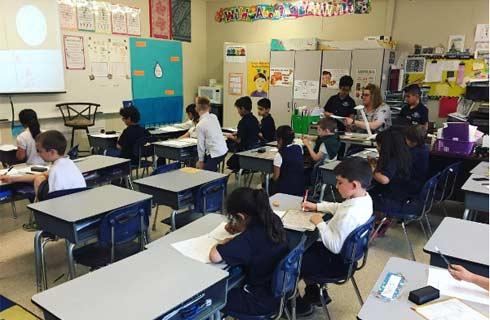
Bachelor of Science in Theatre and Drama
学历文凭
Bachelor Degree
开学日期
课程费用总额


Bachelor of Arts in Social Welfare
学历文凭
Bachelor Degree
开学日期
课程费用总额

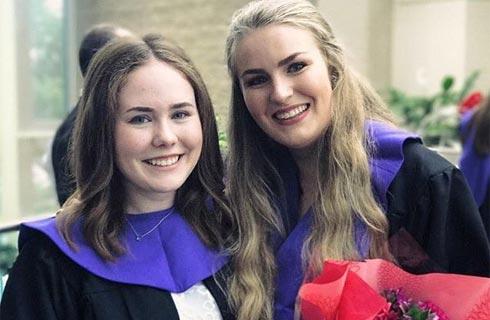
Bachelor of Arts in Scandinavian Studies
学历文凭
Bachelor Degree
开学日期
课程费用总额

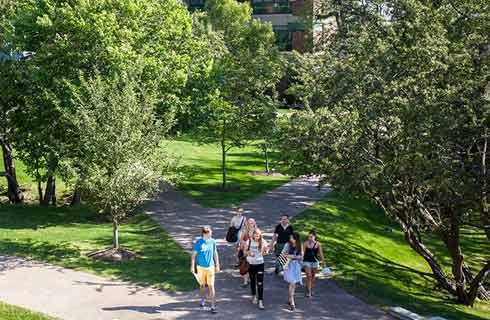
Bachelor of Science in Physics
学历文凭
Bachelor Degree
开学日期
课程费用总额

其他相关课程

生物化学理学士(荣誉学位)
 滑铁卢大学
滑铁卢大学学历文凭
Bachelor Degree with Honours
开学日期
课程费用总额


生物分子科学哲学博士
 劳伦森大学
劳伦森大学学历文凭
Ph.D.
开学日期
课程费用总额


生物化学理学学士
 劳伦森大学
劳伦森大学学历文凭
Bachelor Degree with Honours
开学日期
课程费用总额

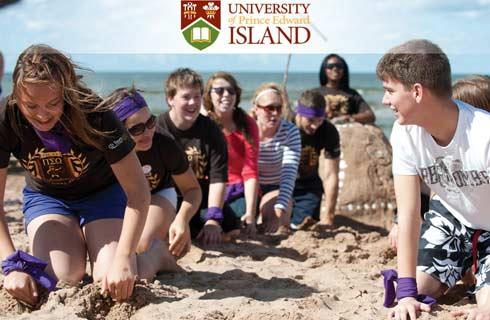
生物化学与分子生物学理学学士
 达尔豪斯大学
达尔豪斯大学学历文凭
Bachelor Degree
开学日期
课程费用总额


生物化学理学学士
 温尼伯大学
温尼伯大学学历文凭
Bachelor Degree
开学日期
课程费用总额

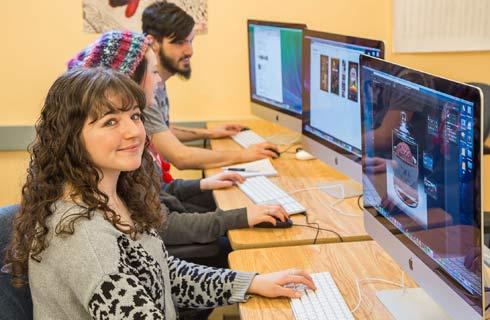
生物化学与分子生物学理学学士
 特伦特大学
特伦特大学学历文凭
Bachelor Degree
开学日期
课程费用总额










 美国
美国
